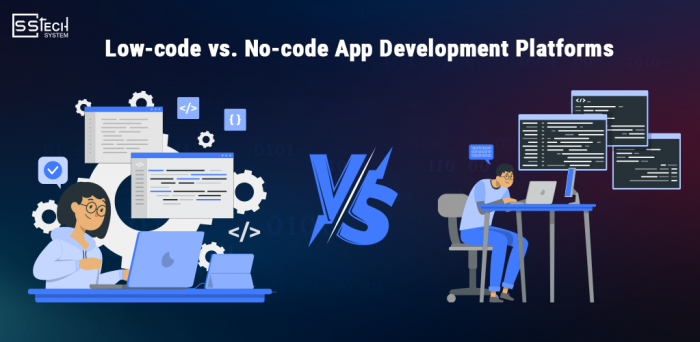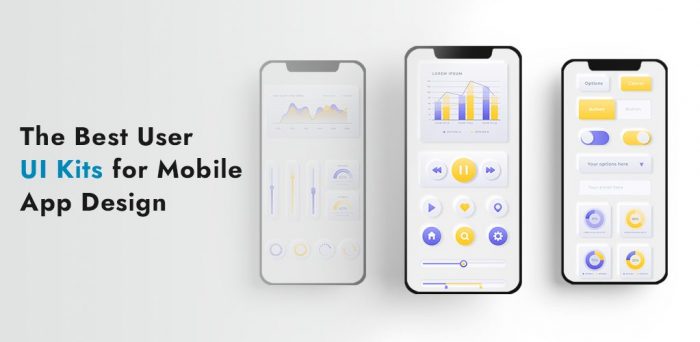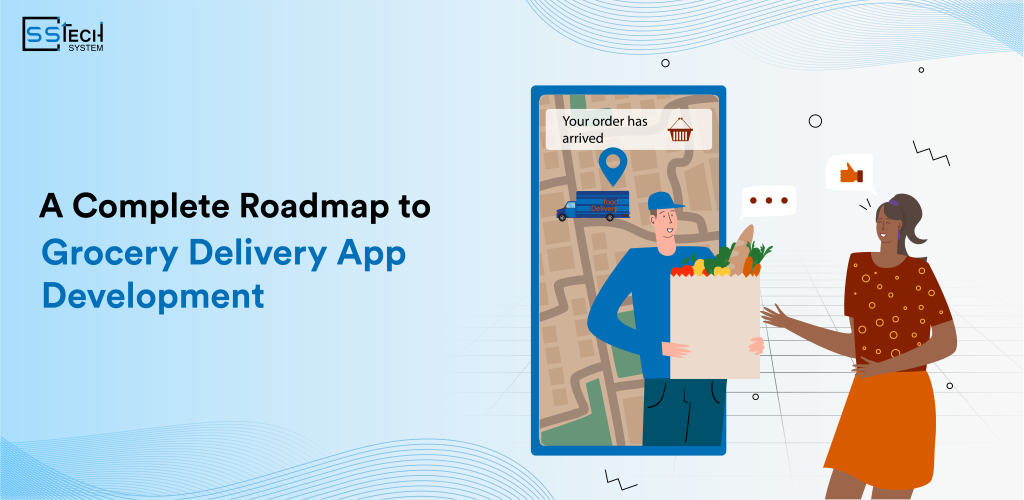
Are you looking for the same UI and business logic on all platforms? Then Flutter app development is the right choice, it allows sharing both the UI code and UI itself, unlike any other cross-platform framework. The UI rendering process makes building an app that looks native on every platform simple. Flutter doesn’t need any platform-specific UI parts to render its UI. Flutter framework really stands out from the crowd eliminating any worries about the UI consistency on different platforms. The UI and business logic sharing in this framework save time, effort, while not affecting the performance of the end product.
Why Flutter App Development?

As separate native iOS and Android apps are more expensive to develop and maintain, flutter is a long-standing dream of any business, as it offers a quick way to create visually appealing apps for the operational systems, desktop computers, and the web from a single codebase. It is actively used and promoted by Google and expected to be universally popular in the coming future.
Is Flutter Good For Web Development?
Flutter offers a strong environment for developing rich, data-centric parts that can be easily hosted within an existing web page. It can provide a product development approach for data visualization, or an embedded web content, etc. It supports the generation of web content given using standards-based web technologies, JavaScript HTML, and CSS, besides mobile apps. With web support, you can put together existing Flutter code written in Dart into a client experience that can be embedded in the browser and deployed to any web server.
Why Flutter Is Better?
Flutter is speedier than many other application development frameworks. Its hot reload feature allows you to experiment, build Uls, add/ remove features, test, and fix bugs faster. Provide its own widgets, drawn with its own high-performance giving engine. They are fast, pretty, and customizable. It reduces the overall app development time. You can build your own custom app design and even use readily available UI elements following specific platform guidelines that give a beautiful flutter app.
Is Flutter Secure?
Flutter offers a secure data storage plugin for both the leading operating systems with the name of NSUserDefault for iOS and Shared Preferences for Android. These plugins offer a secure storage facility but it is recommended that you avoid storing your sensitive data including passwords and PINs. The device-level security such as unlock screen, app-level authentication might still be necessary if your app contains sensitive information. App-level verification can offer a secondary layer of protection before presenting the content.
The fingerprint is one of the easiest and user-friendly methods of verifying users even though it is less secure than a password, more users enable it due to its convenience thus elevates the average number of protective measures that sit between your data and a malicious user.
Why Is Flutter Better Than React Native?
Flutter performs better than react native as it does not have a JavaScript bridge-like react-native to interact with native components. Dart code is compiled to native machine code; hence it eliminates the JavaScript bridge. Flutter has the extra benefit of reusing the code while react native is less suitable due to its architecture.
Why Android Developers Should Pay Attention To Flutter?
Google worked on improving the developer experience across Android Studio and its tools. It also launched Jetpack compose to enable developers to create declarative UI, which requires less code and it provides powerful tools and intuitive Kotlin APIs. Flutter gives the largest benefit of cross-platform support, you can use the same codebase for different platforms like Android, iOS, Web, Desktop, etc. Flutter can bridge the gap like native apps in certain situations to a large extent, that you might never be able to tell the difference between a native app and a cross-platform app running side by side.
Pros And Cons Of Flutter App Development

Pros of Flutter App Development
It is relatively fast that saves your time, effort, and money. Developers can use the same code base for building separate iOS and Android apps. Which in turn speeds up the whole development process, doesn’t need two teams working on the code for a single platform.
Its hot reload makes it possible to make changes to the code without the need to recompile the code. Experiment with different UI elements and bug fixing becomes easy. Get control over every pixel on the screen and let you overlay, animate graphics, video, text, and controls without limits.
Flutter works for the web and offers proper documentation, enables you to check how native controls work.
It also separates UI from native controls, which eliminates errors made by smartphone manufacturers. Separate UI gives a unified view of all system versions without effort.
Cons
Flutter is still not an entirely stable framework. Several problematic issues remain, along with a lack of more advanced features that leverage the capabilities of operating systems. Most of these features are not yet supported, with plenty of libraries being in the pre-alpha stage and showing limitations when comparing them to native counterparts.
Flutter apps are quite big and heavy to start with. They consume a lot of space and take longer to download or update.
The look and feel are not 100% the same as with native solutions.
There are no single guidelines, which can be problematic when building more complex Flutter apps.
The framework as well as Dart language is changing rapidly at times, which can make maintaining the code difficult in the long run.
Flutter Advantages
-
Reduction in code development time
-
Custom, animated UI of any complexity
-
Speed Increased time to market
-
Similar to native app performance
-
Specific logic implementation, simple platform
-
Potential ability to go beyond mobile
Flutter App Development Services
-
iOS & Android Apps development
-
Cross-Platform Application development
-
Apps Migration and Upgradation
-
UI/UX strategy implementation
Is Flutter Good Enough?
Flutter allows developers to build apps for both Android and iOS with a single code base, so startups can save a high cost on development services. Flutter has an efficient yet portable GPU giving UI that allows it to work on multiple interfaces.
Does Flutter Have a Future?
Yes, Flutter has a future, it is perfect for speedy app development, minimum viable product development, completely reliable and developer’s first choice, as Google’s cross-platform development, it truly focuses on native performance, complex visuals, and productivity. It possesses the competence to develop an application at cost-effective rates.
Flutter App Development Cost
Numbers of factors are to be considered to determine Flutter app development cost, like the complexity of features, supported platforms, developer’s location, and more. It is impossible to give estimates for your project without conducting research and knowing all the requirements.
You can have a look at our estimates sorted by the project complexity.
An app with simple features, like fitness with workout suggestions, meal plans, personal profile, and weight diary costs from $ 26,000 to $ 34,800. Flutter app development price for middle complexity, like a messenger with voice calls, will be from $34,950 to $48,850. If you want complex features like Instagram, then it will cost you from $41,500 to $55,000.
Hunting for a versatile company that builds custom software for people to do things differently, SSTech System Flutter app development company create innovative, successful solutions for Android, iOS, and web, we are known for offering proficient, dynamic, and reasonable app development solutions provider with on-time delivery at an affordable cost, contact us to get a free quote.








